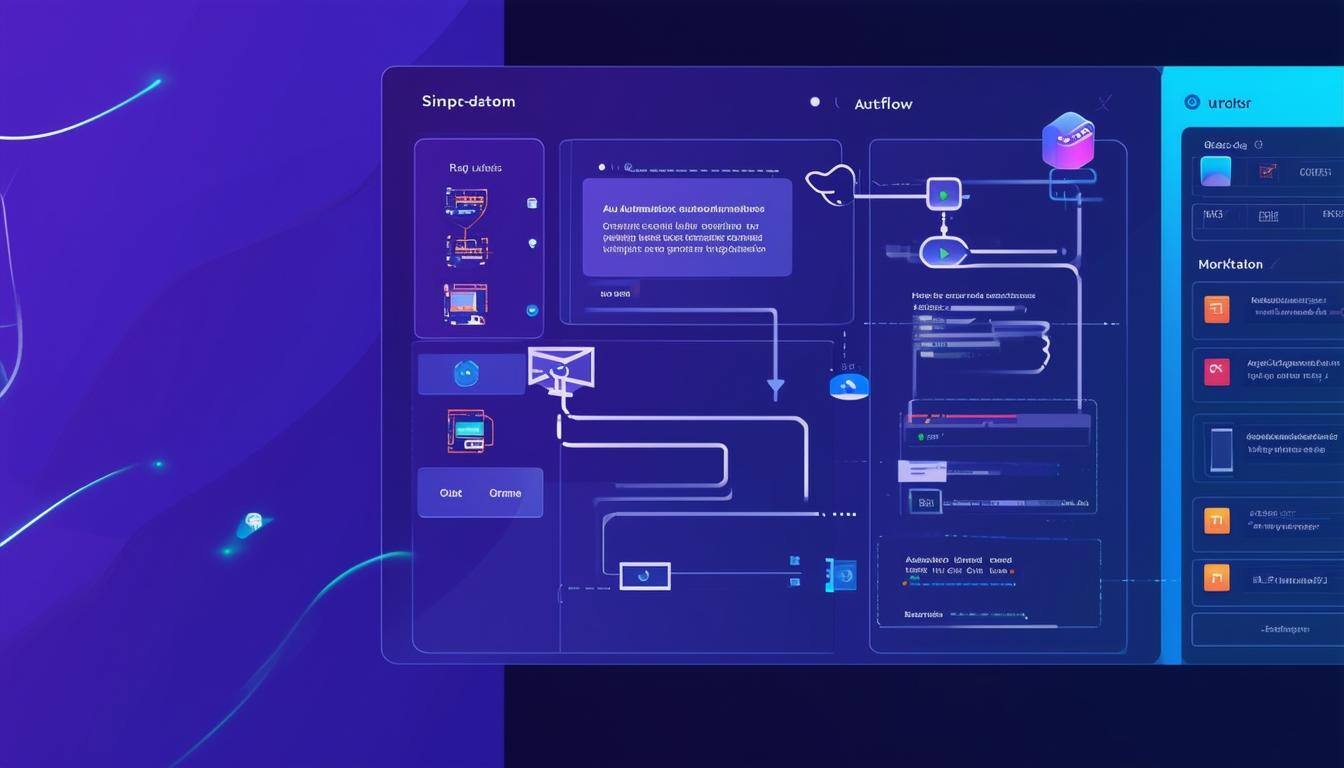Mental Health at Work: How Automation Can Make a Difference
Workplace stress is a growing issue, with employees feeling increasingly overwhelmed by the volume of tasks they need to manage on a daily basis. This has a direct impact on mental health, leading to burnout and decreased productivity. However, automation technologies like BPMS are helping to alleviate this burden by taking over repetitive tasks and reducing the mental load on employees.
One of the main sources of stress in the workplace is the constant juggling of repetitive tasks that could easily be automated. Tasks such as data entry, document processing, and approval workflows are not only time-consuming but also mentally draining. With BPMS, these tasks can be fully automated, allowing employees to focus on more engaging and fulfilling work. This shift in focus can have a significant impact on job satisfaction and overall mental well-being.
In addition to automating repetitive tasks, BPMS also provides tools for streamlining communication and collaboration across teams. This reduces the frustration of miscommunication and delays, which are common stressors in a busy work environment. By providing a clear structure and real-time insights into project progress, BPMS helps employees stay on track and reduces the uncertainty that often leads to stress.
Studies have shown that employees who feel in control of their work experience lower levels of stress. BPMS empowers employees by giving them control over their workflows. With automated processes in place, employees can focus on creative problem-solving and strategic thinking, which are not only more satisfying but also less stressful. This sense of control and autonomy is key to maintaining a healthy work environment.
By reducing stress, automation also improves productivity. Employees who are less stressed and more engaged are better able to focus on high-impact tasks, leading to improved performance and better results for the business. This creates a positive feedback loop, where improved mental health leads to better work, which in turn leads to greater job satisfaction.
Conclusión:
Automation is not just about efficiency—it’s about creating a work environment where employees can thrive. By automating repetitive tasks and providing tools for better collaboration, BPMS helps reduce workplace stress and supports mental health, ultimately leading to a more productive and engaged workforce.


